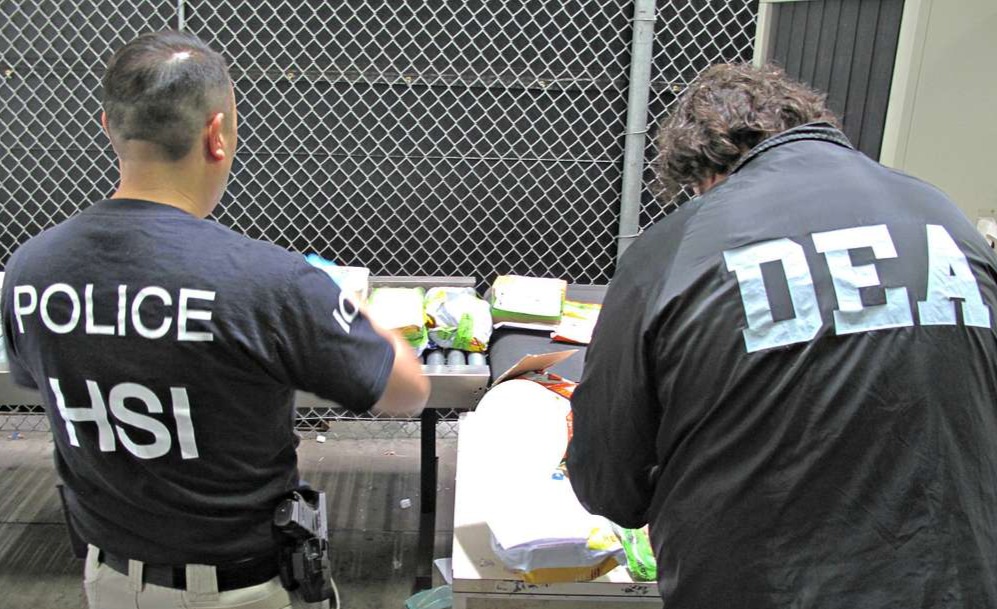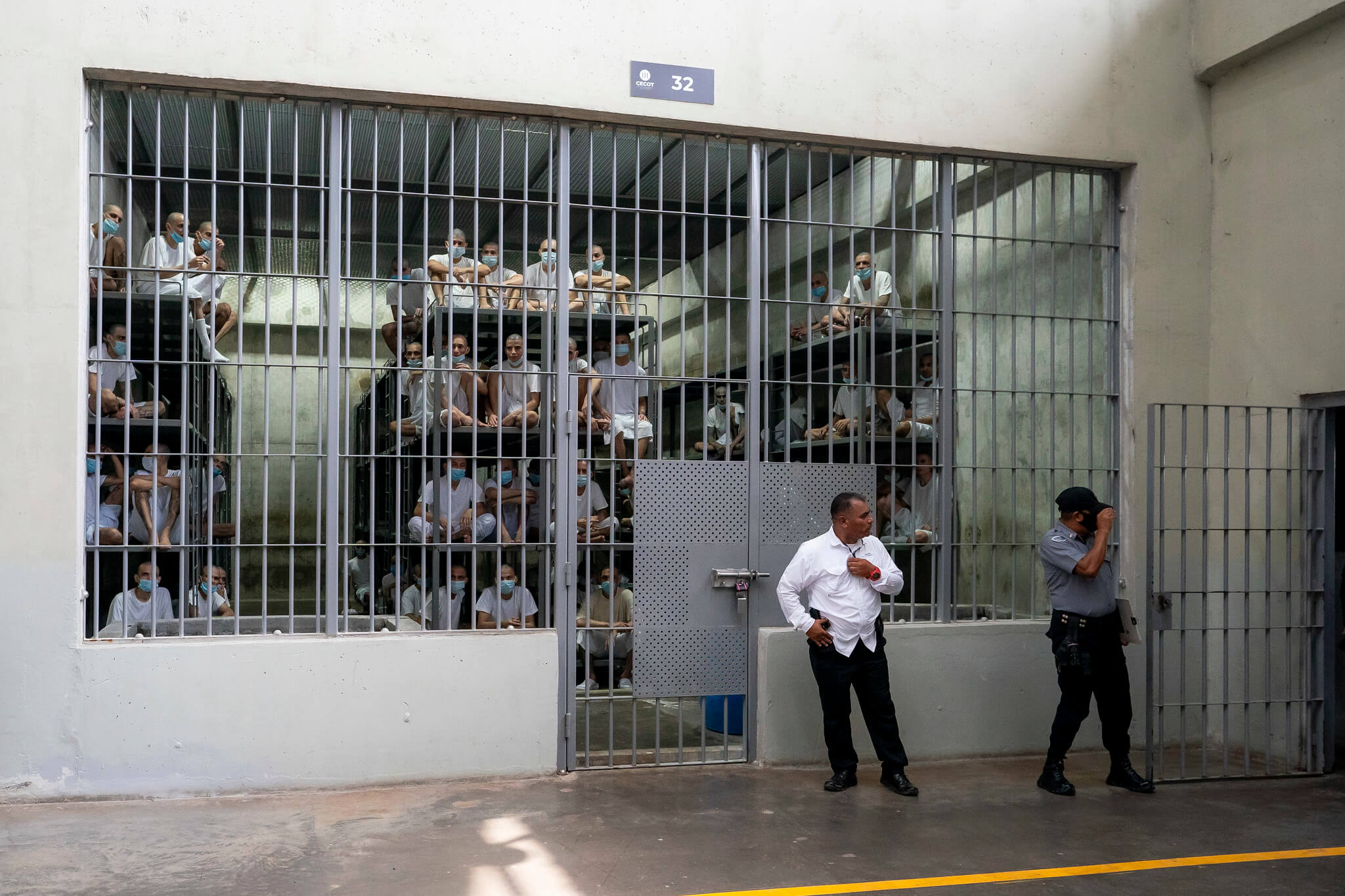Today's Headlines and Commentary
Debate over Russian influence in the presidential election continued to heat up over the weekend after Friday’s announcement that President Obama had ordered a review of the Kremlin’s role in the campaign.
Debate over Russian influence in the presidential election continued to heat up over the weekend after Friday’s announcement that President Obama had ordered a review of the Kremlin’s role in the campaign. The Washington Post reports that according to a CIA assessment, Russia aimed to affirmatively elect Donald Trump rather than attempting merely to undermine public confidence in the electoral system. The New York Times writes that in addition to hacking the DNC and other Democratic Party organizations, Russian hackers also breached the RNC’s computer systems, but did not leak any of the information—though the RNC claims its networks were not compromised. Notably, the Times flags intelligence officials’ belief that “the Russians were as surprised as everyone else at Mr. Trump’s victory.”
The Times also provides further background on what led the CIA to reach its newly forceful assessment of Russia’s role in the election, while the Post notes disagreement between CIA and FBI officials as to Russia’s goals in intervening in the campaign. During recent briefings of the House Intelligence Committee, CIA officials were far more willing to assign perceived Russian actions to the specific motive of supporting Trump’s candidacy, while FBI officials understood the Kremlin’s efforts as more ambiguous.
In response to the CIA’s assessment, President-elect Donald Trump has ridiculed the Agency and belittled its concerns, a posture that will likely cause problems for his working relationship with the intelligence community once he takes office. Despite Trump’s dismissal of the CIA, however, pressure is building on Capitol Hill for a congressional investigation of the Kremlin’s activity. Senate Majority Leader Mitch McConnell (R-KY)—who previously rejected the Obama administration’s call to present a united front against Russian hacking as political gamesmanship—has indicated his support of such an investigation, the Times writes. Senators Lindsey Graham (R-SC) and John McCain (R-AZ) previously backed demands for an inquiry along with Senators Chuck Schumer (D-NY) and Jack Reed (D-RI).
The Clinton campaign has thrown its support behind an effort by a handful of members of the Electoral College to receive a security briefing on Russian election interference before the electors vote on December 19th. Politico has more.
Donald Trump may appoint ExxonMobil CEO Rex Tillerson as Secretary of State, the Times reports. His appointment would do little to assuage concerns over the Trump team’s ties to Moscow, as Tillerson has cultivated close business ties with the Kremlin in recent years and was awarded Russia’s Order of Friendship in 2012.
Tensions remain high following Trump’s incendiary comments criticizing the Chinese government and his unorthodox phone call with the president of Taiwan. The Independent tells us that on Sunday, China flew a nuclear-capable bomber over disputed territory in the South China Sea in what U.S. officials interpreted as a show of force likely aimed at Trump’s incoming administration. And Beijing announced “serious concern” in response to a recent statement by Trump that the United States would not be bound to the One China Policy. The Post has more.
The Pentagon is preparing a set of proposals for the Trump administration revising U.S. strategy against ISIS in response to Trump’s campaign promises to “bomb the shit out of ISIS,” the Wall Street Journal writes. The options generally involve a reduction in White House decisionmaking on airstrikes and operations and a shift toward greater authority on the part of the military.
Secretary of Defense Ash Carter announced that 200 additional U.S. Special Operations troops will join the 300 soldiers already deployed to Syria to aid in the Raqqa offensive, the Post reports. The Pentagon hopes that the increase in troops will strengthen the United States’ ability to coordinate with local forces in the coalition offensive.
The Islamic State has recaptured the ancient Syrian city of Palmyra from government troops, a major setback for the Assad regime. European diplomats have blamed Russia for the loss, arguing that the Kremlin’s support for Bashar al-Assad has led it to become lax in cracking down on terrorism in the region—Russia’s stated rationale for backing Assad.
Syrian government forces have almost entirely recaptured the besieged city of Aleppo from rebel control, Reuters writes. The rebels must “surrender or die,” one Syrian army officer said. By Sunday night, rebel forces controlled only roughly a tenth of the territory that they had once held in the city’s east. The imminent fall of the city to government control is not likely to end the war, but will represent a catastrophic defeat for the rebel movement.
Reuters reports that Iraqi federal police will soon reinforce Iraqi troops in eastern Mosul following harsh counterattacks by the Islamic State. While coalition forces continue to push deeper into Mosul, some officials are becoming concerned over the offensive’s slowing pace in the face of ISIS resistance.
But the battle for Mosul will not be the end of the conflict. The Post takes a look at the Kurdish entrenchment in northern Iraq, where peshmerga forces who have seized territory from ISIS are not likely to give it up easily. The Kurds’ push for sovereignty in the midst of the battle against ISIS highlights the fragility of the anti-ISIS coalition and the many questions about what will happen to Iraq.
A string of apparently unconnected bombings hit Turkey, Yemen, Egypt, Somalia, and Nigeria over the weekend. In Turkey, an explosion outside an Istanbul soccer stadium killed 44 people and wounded 150 others, Reuters writes. Many of the victims were riot police. Turkish authorities have detained 235 people linked to the pro-Kurdish Peoples’ Democratic Party on suspicion of connections to the PKK, which the government believes may be responsible for the attack.
In Yemen, a suicide bomber killed at least 48 soldiers in an attack on a military base in Aden. No group has yet claimed responsibility, though al-Qaeda in the Arabian Peninsula and the Islamic State are the most likely culprits. The attack took place only days after embattled Yemeni President Abed Rabbo Mansour Hadi returned to Aden from Saudi Arabia. The Post has more.
Sunday morning saw an attack on the main Coptic Christian church in Cairo, which killed more than 25 people and wounded 49, the Journal reports. The bombing is the worst attack on Coptic houses of worship in Egypt since 2011 and has yet to be claimed by any group.
Meanwhile, a truck bomb claimed by al-Shabaab killed at least 29 people in the Somalian city of Mogadishu on Sunday. And Boko Haram engineered a suicide attack in northeast Nigeria by using two young girls as bombers, killing one other victim and wounding 18 people. The BBC has more.
Guantanamo’s Periodic Review Board has approved a Yemeni captive for transfer, bringing the total of detainees cleared for release up to 21, the Miami Herald writes. The board previously declared Salman Rabeii too dangerous to release in May, but now recommends that he be transferred to a Persian Gulf nation. With 10 of the remaining Guantanamo detainees charged in military commission proceedings, a remaining 28 are now classified as “forever prisoners” who will neither be charged nor released.
ICYMI: This Weekend, on Lawfare
Quinta Jurecic reviewed Lawfare’s week.
She also posted the 200th episode of the Lawfare Podcast, featuring Christopher Moran on his book Company Confessions: Secrets, Memoirs, and the CIA.
In the Foreign Policy Essay, Chris Meserole considered what’s next for countering violent extremism in the age of Trump.
Email the Roundup Team noteworthy law and security-related articles to include, and follow us on Twitter and Facebook for additional commentary on these issues. Sign up to receive Lawfare in your inbox. Visit our Events Calendar to learn about upcoming national security events, and check out relevant job openings on our Job Board.





